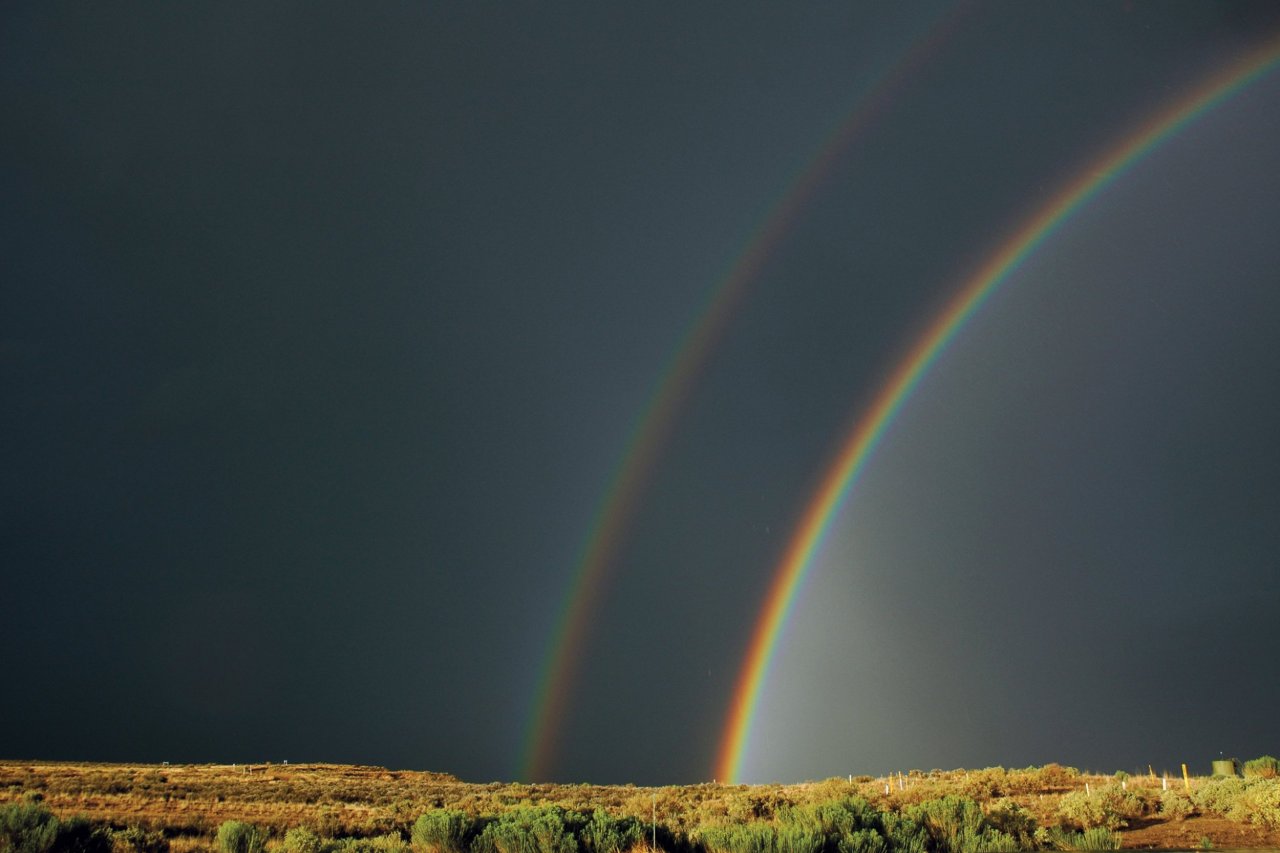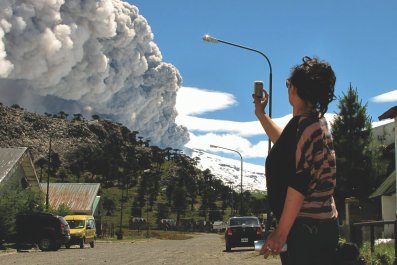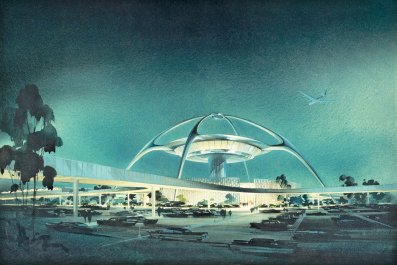Why do Americans have such a tough time understanding the rest of the world, and, from the rest of the world's perspective, why are Americans so damn hard to understand? Aaron David Miller at the Wilson Center argues that, small as the planet may look from cyberspace, good old terrestrial geography still plays a powerful role in shaping America's vision and American policy. "The United States is the only great power in the history of the world that has had the luxury of having nonpredatory neighbors to its north and south," writes Miller, and wide-open oceans to the east and west. The United States—unlike Russia, say, or China, or every nation in Europe—has never had to face an invasion threatening its very existence. What Miller calls "the luxury of America's circumstances" has made its people, by and large, optimistic and idealistic, and has inclined them to self-delusion when dealing with societies where ethnic, religious, and social hatreds are embedded deep in the DNA. Geography has indulged what Miller calls the Americans' "schizophrenic" blend of isolationist ambivalence and missionary arrogance. But they have to remember, he says, that "not everyone is lucky enough to have Canadians, Mexicans, and fish for neighbors."
American Borders Shape American Minds































